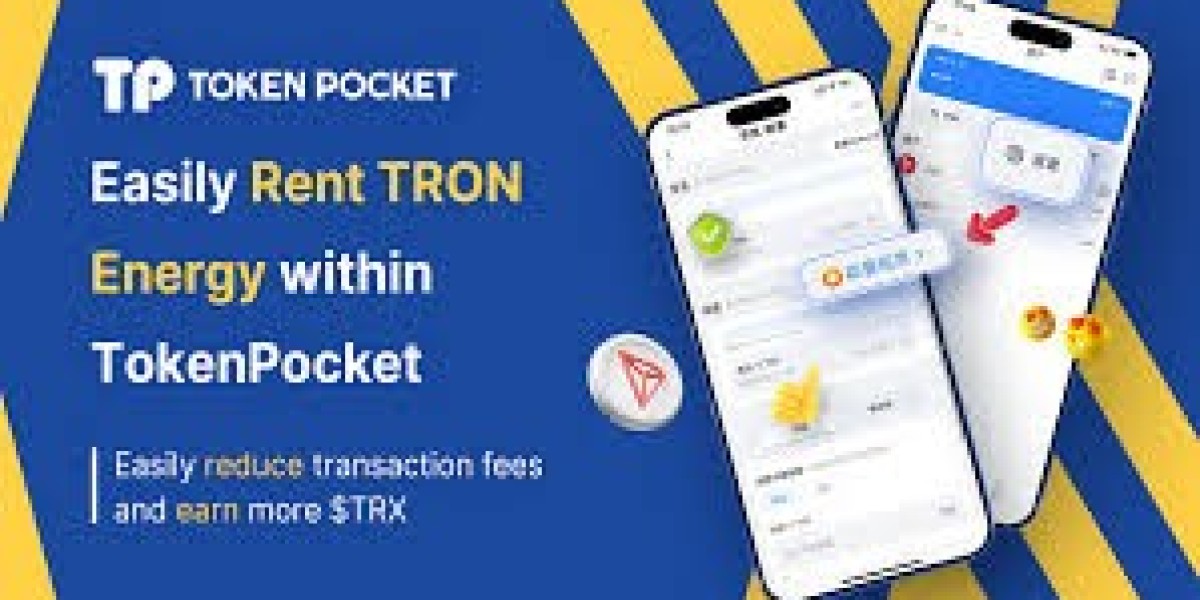In the world of blockchain technology and cryptocurrencies, one of the most critical aspects users encounter is transaction fees. For Tron (TRX), one of the leading blockchain platforms, understanding gas fees is essential. Whether you're a developer, investor, or casual user, this guide will walk you through what TRX gas fees are, how they work, and how to optimize your costs.
Table of Contents
- What Are TRX Gas Fees?
- How TRX Gas Fees Work
- Factors Influencing TRX Gas Fees
- Comparison with Other Blockchain Gas Fees
- How to Calculate TRX Gas Fees
- Optimizing TRX Gas Fees
- Use Cases of Low TRX Gas Fees
- Future Trends and Updates in TRX Gas Fees
- Frequently Asked Questions about TRX Gas Fees
1. What Are TRX Gas Fees?
Gas fees in the Tron blockchain are small amounts of TRX required to execute transactions or smart contracts. Just like Ethereum, Tron uses gas to power operations on its network. These fees incentivize validators to process and secure transactions.
TRX gas fees are exceptionally low compared to other networks, making Tron a preferred choice for developers and users seeking fast and affordable transactions. trx gaz fees
2. How TRX Gas Fees Work
When you perform any activity on the Tron blockchain—such as transferring TRX, interacting with decentralized applications (DApps), or deploying a smart contract—you consume resources. These resources include:
- Bandwidth Points: Used for sending TRX and simple transactions.
- Energy: Required for executing smart contracts.
Instead of paying fees in TRX directly, Tron allocates free bandwidth points for basic transactions. However, for more complex actions, energy must be purchased or consumed, and this is where TRX gas fees come into play.
3. Factors Influencing TRX Gas Fees
The cost of gas fees on the Tron network depends on several factors:
a) Network Usage
High demand on the network can increase gas fees. While Tron is designed for scalability, congestion during peak periods can slightly affect costs.
b) Type of Transaction
- Simple TRX transfers typically consume bandwidth points, costing little to no TRX.
- Smart contract executions require energy, which is generally more expensive.
c) Free Resource Allocation
Each Tron account receives free bandwidth daily. If you exceed this limit, you’ll need to pay fees.
d) Staking TRX
By staking TRX, you earn energy and bandwidth points, reducing the need to pay gas fees directly.
4. Comparison with Other Blockchain Gas Fees
One of Tron's standout features is its low transaction fees compared to other leading blockchain platforms.
| Blockchain | Average Gas Fee (USD) | Transaction Speed |
|---|---|---|
| Ethereum (ETH) | $5 - $50+ | 15 TPS |
| Binance Smart Chain (BSC) | $0.10 - $0.50 | 100+ TPS |
| Tron (TRX) | ~$0.00001 | 2000+ TPS |
Tron's near-zero fees and high throughput make it an attractive choice for applications requiring frequent transactions, such as gaming and decentralized finance (DeFi).
5. How to Calculate TRX Gas Fees
Calculating TRX gas fees involves determining the required bandwidth and energy for a transaction.
Bandwidth Points Calculation:
- Free allocation: 1,500 points per day per account.
- TRX cost for extra bandwidth: 1 TRX = ~10,000 bandwidth points.
Energy Calculation:
- Cost depends on the smart contract's computational complexity.
- 1 TRX can generate ~100,000 energy via staking.
Example: If a smart contract execution requires 50,000 energy and you lack sufficient energy from staking, you’ll need to pay in TRX.
6. Optimizing TRX Gas Fees
To minimize TRX gas fees, consider the following strategies:
a) Stake TRX
By staking TRX, you earn bandwidth and energy, significantly reducing your out-of-pocket expenses.
b) Monitor Network Activity
Conduct transactions during off-peak times when network demand is lower.
c) Use Efficient Smart Contracts
Optimize your smart contracts to consume less energy, lowering gas fees.
d) Leverage Free Bandwidth
Plan your transactions to stay within your daily free bandwidth allocation.
7. Use Cases of Low TRX Gas Fees
The Tron network's affordability and scalability make it ideal for various applications:
a) Decentralized Finance (DeFi)
Low fees enable seamless trading, lending, and staking on DeFi platforms.
b) Gaming and NFTs
Gamers and artists can transfer assets without worrying about high costs, fostering a vibrant ecosystem.
c) Cross-Border Payments
With near-zero fees, Tron is an excellent platform for international money transfers.
d) Micropayments
Tron's negligible fees are perfect for tipping systems and small-scale payments.
8. Future Trends and Updates in TRX Gas Fees
The Tron network is continually evolving, with upcoming developments likely to impact gas fees:
a) Scalability Improvements
With ongoing upgrades, Tron aims to handle more transactions per second, further reducing congestion.
b) Energy Optimization
Developments in smart contract frameworks may lead to more efficient energy use, lowering costs for developers.
c) Layer-2 Solutions
The integration of Layer-2 technologies could offload transactions from the main chain, cutting fees.
9. Frequently Asked Questions about TRX Gas Fees
Q: Are TRX gas fees fixed?
No, they vary based on transaction type, network activity, and resource usage.
Q: How can I check my bandwidth and energy?
Use Tron wallet apps like TronLink to monitor your account's resources.
Q: Do I always need TRX to pay fees?
Not always. If you have enough bandwidth or energy from staking, you might not need to pay additional fees.
Q: Can TRX gas fees become expensive?
Compared to other blockchains, TRX fees are incredibly low. However, heavy network usage or complex transactions could marginally increase costs.
Conclusion
Tron's low gas fees and high performance make it a standout blockchain platform. By understanding how TRX gas fees work and employing strategies to optimize them, you can make the most of this powerful ecosystem.
Whether you're a developer building the next big DApp or a user exploring decentralized finance, Tron offers a cost-effective and efficient solution. With continuous improvements and innovations, TRX gas fees are likely to remain one of the most affordable in the blockchain space.
Stay informed and take advantage of Tron's potential to enhance your blockchain experience.









